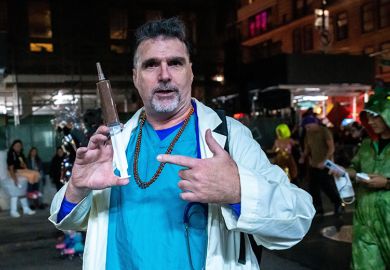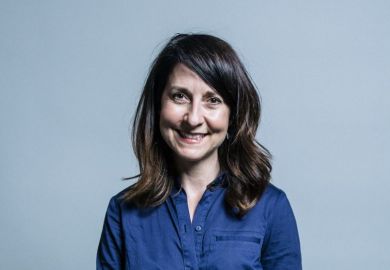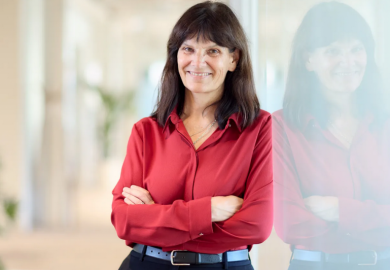IIf the future of the planet is in all our hands, academics play a crucial role in ensuring that we know what we are doing with it. This is the message of one of those at the vanguard of tackling a truly global problem: Sir Brian Hoskins, the new director of the Grantham Institute for Climate Change at Imperial College London.
As a world-leading expert on climate change and Royal Society research professor at the University of Reading, Sir Brian is clear about the immensity of the challenge.
He was a member of the Royal Commission that proposed a 60 per cent target for reduction of UK carbon dioxide emissions by 2050, and was scientific adviser to the Stern Review on the economics of climate change, which pushed the issue to the top of the political agenda. He was also a member of the Intergovernmental Panel on Climate Change assessment team recently awarded a Nobel prize.
He said: "There's the danger of always sounding gloomy, but human beings are realising that they can't be besotted with always using more. You can't always lay waste to the place you've been and move on to somewhere else - there isn't anywhere else."
Sir Brian studied mathematics at the University of Cambridge and stayed on to do a PhD before rising through the ranks of the atmospheric modelling group at Reading. He was made professor of meteorology in 1981 and head of the department in 1990.
"I'm a mathematician by training and I've always found it so interesting to apply it to weather and climate; intellectually it is just superb," he said. "I can't think of a better way of using mathematics, and it has achieved an importance I could never have guessed when I got into it."
In his new role, he will spend three days a week at Imperial and two at Reading, although he joked: "I suspect it will be five days a week at both."
Sir Brian said: "It would be fantastic to harness Imperial's strengths in engineering, medical and biological expertise to the climate modelling strengths of Reading. That's what attracted me; there's a real opportunity here.
"At the very least, universities have to provide the knowledge, science and technology that give the opportunity for mitigating and adapting to what happens. They provide a crucial role in providing the wherewithal for society to do it.
"There's a danger (in giving the impression) it is all pain and hair shirts. It's up to universities to say, 'This is the extent of the problem as far as we know it' - not dressing it up with doom and gloom where there isn't any, but actually saying it like it is and driving forward solutions."
Register to continue
Why register?
- Registration is free and only takes a moment
- Once registered, you can read 3 articles a month
- Sign up for our newsletter
Subscribe
Or subscribe for unlimited access to:
- Unlimited access to news, views, insights & reviews
- Digital editions
- Digital access to THE’s university and college rankings analysis
Already registered or a current subscriber?



